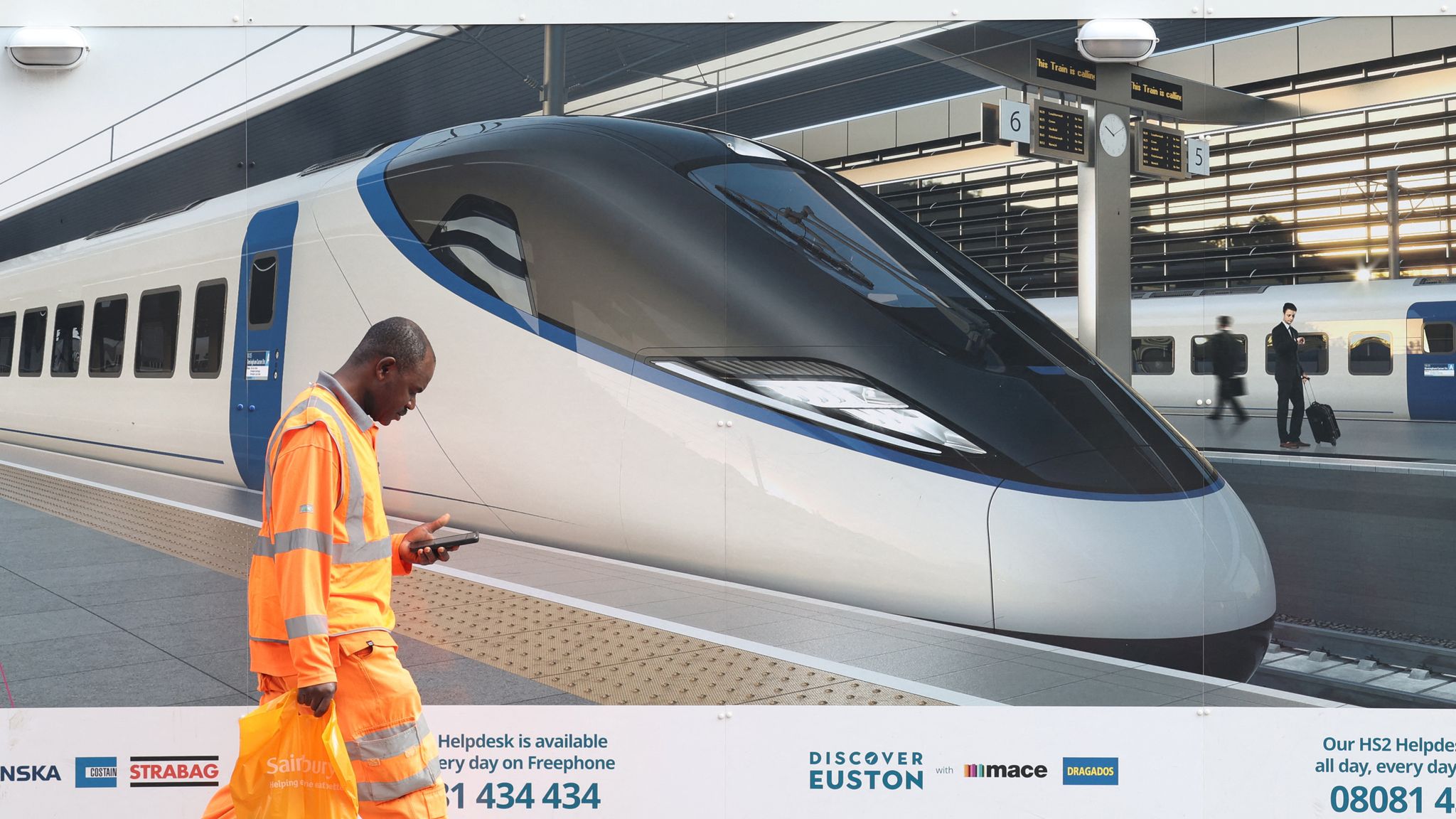The High Speed 2 (HS2) rail project, aimed at revolutionizing the UK’s transport infrastructure, continues to be a focal point of national attention. With its promise to significantly reduce travel times, boost economic growth, and create thousands of jobs, HS2 is one of the most ambitious infrastructure projects in the UK’s history. Here are the latest developments and updates on HS2.
Project Overvie:
HS2 is designed to improve connectivity between London, the Midlands, and Northern England. The project is divided into two phases: Phase 1 links London to Birmingham, while Phase 2 extends to Manchester and Leeds. Once completed, HS2 trains are expected to travel at speeds of up to 250 mph, making it one of the fastest train services globally Akpulse.com/.
Recent Progress:
-
Construction Milestones:
- Significant progress has been made on Phase 1, with major tunneling operations and station constructions well underway. Key milestones include the completion of the Chiltern Tunnel’s first bore and ongoing work at the Old Oak Common and Birmingham Curzon Street stations. These developments are crucial as they set the foundation for future phases of the project.
-
Environmental Considerations:
- HS2 Ltd, the company behind the project, has faced scrutiny over its environmental impact. In response, HS2 has implemented extensive mitigation measures, including the creation of new wildlife habitats and planting millions of trees. The project aims to be carbon-neutral 2035, aligning with the UK’s broader climate goals.
-
Community Impact:
- The project has had mixed reactions from local communities. While some appreciate the economic benefits and improved connectivity, others are concerned about disruptions and property impacts. HS2 Ltd has been actively engaging with communities to address these concerns, offering compensation and support to affected residents.
Financial Aspects:
The cost of HS2 has been a contentious issue, with estimates rising significantly since the project’s inception. Originally projected to cost around £56 billion, recent estimates suggest the figure could be as high as £100 billion. This increase has led to debates over the project’s value for money, especially in the context of post-pandemic economic recovery.
Political Landscape:
The political landscape surrounding HS2 remains dynamic. The UK government continues to support the project, emphasizing its importance for regional development and economic growth. However, there are calls from some politicians and public figures to reconsider or even halt the project due to its high costs and environmental impact.
Future Prospects:
Looking ahead, the focus is on the timely completion of Phase 1, with passenger services expected to start in the early 2030s. Phase 2 is still in the planning stages, with detailed route alignments and station locations being finalized. The successful implementation of HS2 is seen as a catalyst for further high-speed rail projects across the UK, potentially extending the network to Scotland and other regions.
Conclusion:
HS2 represents a transformative vision for the UK’s transportation network, promising faster travel times, economic growth, and job creation. Despite the challenges of cost overruns, environmental concerns, and community impact, the project continues to forge ahead, backed government support and a commitment to innovation and sustainability. As construction progresses, HS2 remains a topic of significant national interest, with its developments closely watched both supporters and critics alike.
Stay tuned for more updates on HS2 as this landmark project continues to shape the future of travel in the UK.



